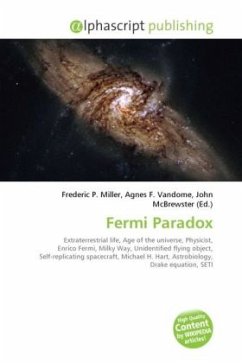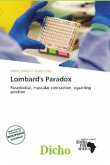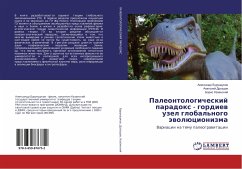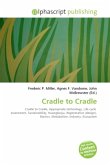The Fermi paradox is the apparent contradiction between high estimates of the probability of the existence of extraterrestrial civilizations and the lack of evidence for, or contact with, such civilizations. The age of the universe and its vast number of stars suggest that if the Earth is typical, extraterrestrial life should be common. In an informal discussion in 1950, the physicist Enrico Fermi questioned why, if a multitude of advanced extraterrestrial civilizations exist in the Milky Way galaxy, evidence such as spacecraft or probes are not seen. A more detailed examination of the implications of the topic began with a paper by Michael H. Hart in 1975, and it is sometimes referred to as the Fermi-Hart paradox. Another closely related question is the Great Silence even if travel is hard, if life is common, why don't we detect their radio transmissions? There have been attempts to resolve the Fermi Paradox by locating evidence of extraterrestrial civilizations, along with proposals that such life could exist without human knowledge. Counterarguments suggest that intelligent extraterrestrial life does not exist or occurs so rarely that humans will never make contact with it.
Bitte wählen Sie Ihr Anliegen aus.
Rechnungen
Retourenschein anfordern
Bestellstatus
Storno








